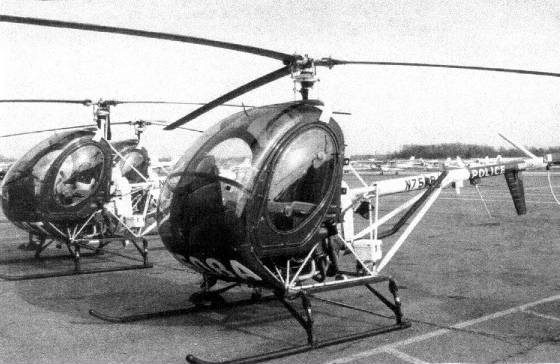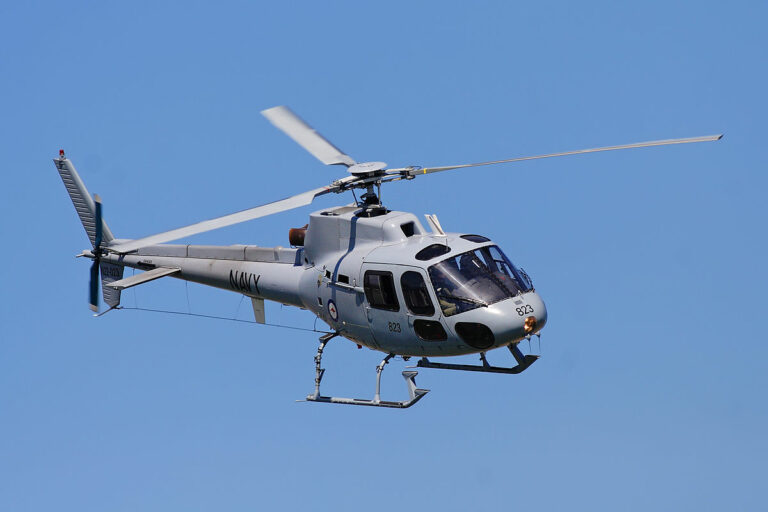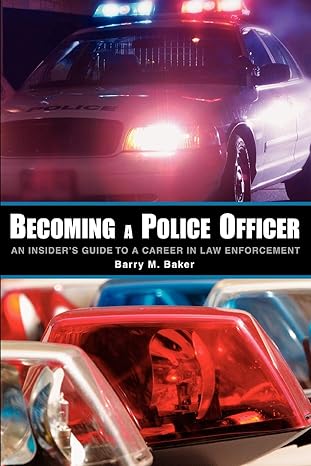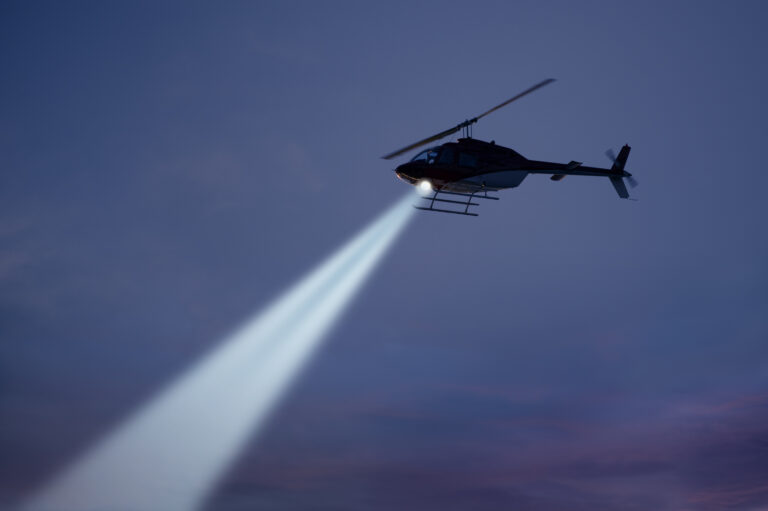
Police officers complain about everything, but the police aviation unit escapes any serious criticism. The only complaint you'll ever hear from a police officer is when the helicopter is not immediately available.
Barry M. Baker Tweet

Detective Lieutenant Barry M. Baker (ret.) is a 32 year veteran of the Baltimore Police Department.
Police aviation has evolved over decades, and it could be described as “those magnificent men – and women – in their flying machines.” However, this reference to the 1965 movie of the same title, more or less, is no comedy adventure. Police officers in flying machines are a serious undertaking that has resulted in countless criminal apprehensions and lives saved.
Law enforcement aviation came of age beginning in the late 1960’s. The Vietnam War produced large numbers of young and experienced helicopter pilots. Wars do accelerate technological advancement, and the pilots not only accumulated flying hours in evolving modern helicopters. They gained their flying experience under stressful combat conditions making them ideally suited for police aviation.
In the Beginning
On April 7, 1971, Baltimore Police flight crews landed at Friendship Airport (today’s Baltimore/Washington International) in their new Hughes 300-C helicopters. The crews had just completed a 7 day transcontinental flight from the Hughes factory in Culver City, California. They travelled at an average speed of 85 mph, and they were required to land every one hour and forty minutes for refueling. Navigation consisted of identifying landmarks like highways and pipelines. Remember, this was 1971.
Baltimore Police Aviation in 2022
Will Drones Replace Police Helicopters?
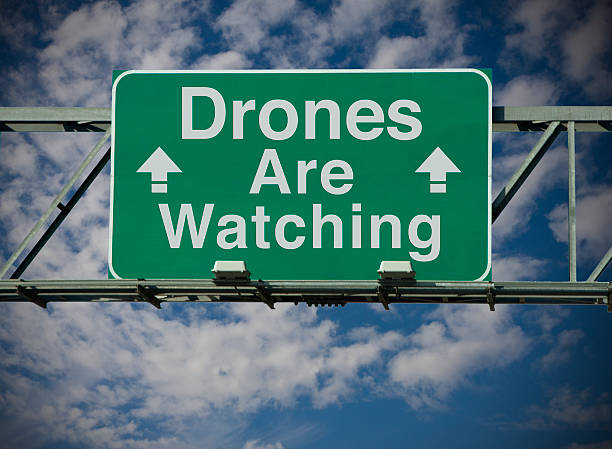
Drones already have a place in police aviation, because they can perform tasks that don’t require the versatility of the helicopter.
~ Barry M. Baker
The Pentagon operates drones that are good at blowing up things, but police aviation drones must be anything but lethal. An Airbus H125 can carry all the sophisticated gadgets from cameras to spotlights. How long do you think a commercial drone’s battery would support a 30,000,000 candle power spotlight?
Endurance and speed are critical factors for police aviation, and the Airbus H125 is impressive. It can stay aloft for 4 hours and thirty minutes, and it has a fast cruise speed of 160 mph. Safety factors are even more critical, and police helicopters do well for the flying hours logged. Remotely controlled drones have to deal with signal interference in urban areas, obstacles and limited operating distance. These limitations don’t apply to the helicopter.
Who knows what the future holds. It wasn’t that long ago when the desktop computer was state of the art. Now, the same computing power is in a device you can hold in the palm of your hand. Drones already have a place in police aviation, because they can perform tasks that don’t require the versatility of the helicopter.
Pilot and Aerial Observer – Police Aviation
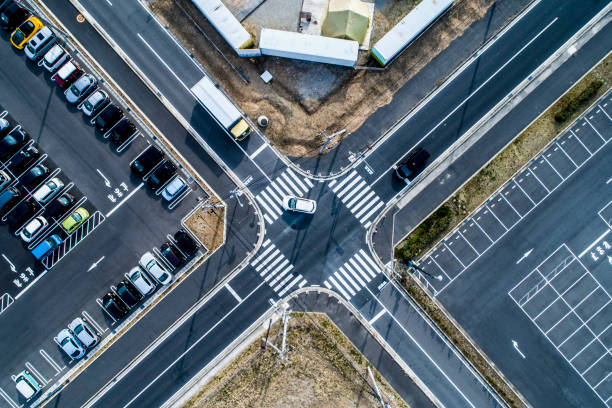
The pilot’s job is to fly the aircraft, and the aerial observer does everything else.
~ Barry M. Baker
Your pilot qualifications going in will determine your acceptance as a pilot in police aviation, and your duties as a police officer will be secondary. You’ll have to complete police academy training, but you’ll be assigned directly to the aviation unit after graduation.
Those applying for a position as aerial observer will probably find the competition stiff, because the positions will be limited. The pilot’s job is to fly the aircraft, and the aerial observer does everything else. You’ll communicate with dispatchers and ground units, and you’ll have to know exactly where you are all the time. You’ll probably be required to have a minimum of three years’ experience in patrol, because most of your work will be in support of patrol.
Police officers complain about everything, but the police aviation unit escapes any serious criticism. The only complaint you’ll ever hear from a police officer is when the helicopter is not immediately available.
Related Content for Police Aviation
Advertisements

